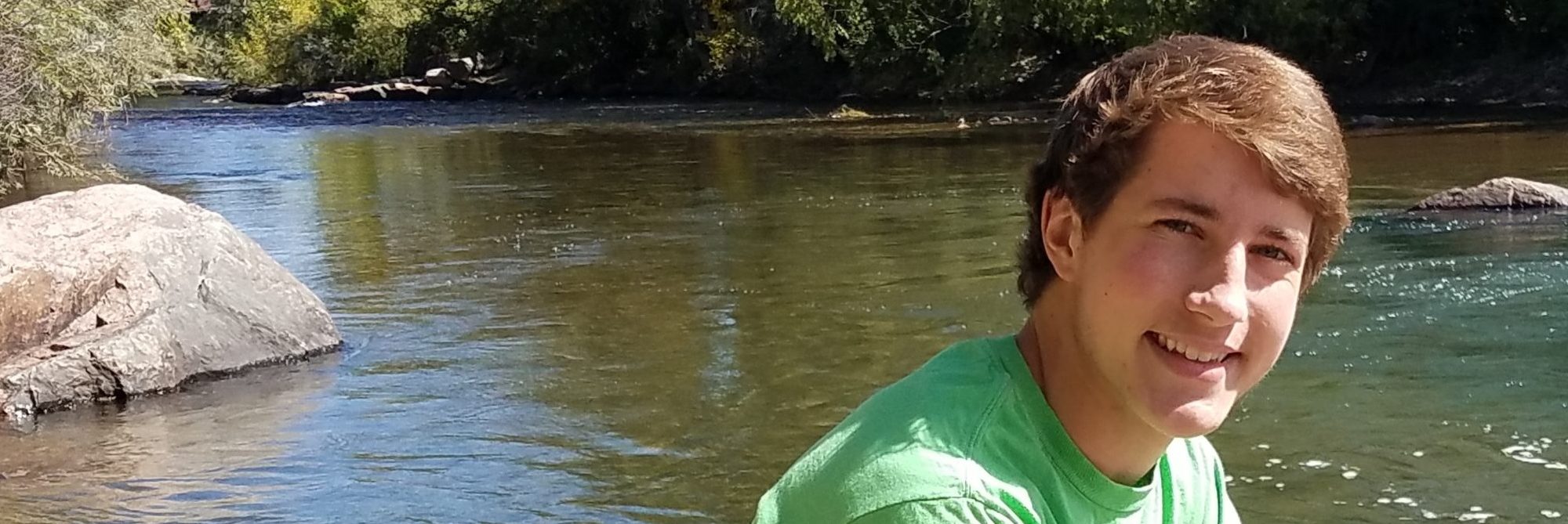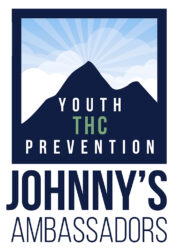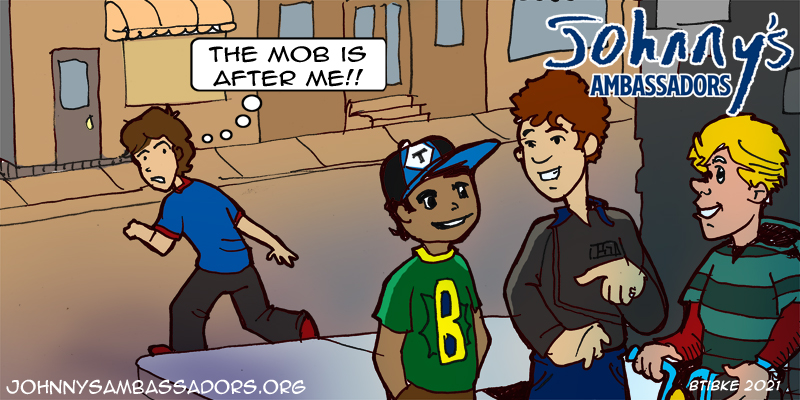By Laura Stack
Schiz·o·phre·ni·a (skitsəˈfrēnēə,ˌskitsəˈfrenēə): Noun, Psychiatry
A long-term mental disorder of a type involving a breakdown in the relation between thought, emotion, and behavior, leading to faulty perception, inappropriate actions and feelings, withdrawal from reality and personal relationships into fantasy and delusion, and a sense of mental fragmentation.
— Oxford Languages
In a way, using marijuana is like playing with unexploded ordnance on a military firing range. It probably won’t hurt you, but then again, there’s a possibility it could blow up in your face. Play with enough duds over the years, and the probability of disaster increases. Sadly, those playing with the bombs may not know or care about the dangers—or worse, may not believe in them. But a live bomb can’t take into account what you know or believe. It is what it is.
We know that today’s marijuana products containing high levels of delta-9-tetrahydrocannabinol (THC), the main intoxicant in marijuana, is a dangerous poison, especially to adolescents. We have hard scientific evidence proving heavy marijuana use causes about two-dozen significant, long-term mental and physical disorders in human beings. One of the things we now know it can cause is schizophrenia and associated psychosis, in people with no risk and in people already at risk for mental illness due to genetic factors.
Estimates vary widely, but the occurrence of schizophrenia may be as high as 1% worldwide, or one in every hundred individuals. Several long-term studies, meta-analyses, and reviews have determined that among dedicated marijuana users, the schizophrenia rate is 4-6 times higher. But it took the scientific and medical communities many years to notice the correlation and determine that yes, marijuana can cause schizophrenia in some people. Not all the time and for most people, but often enough to make using it a one-in-twenty gamble for the average user—with much worse odds if schizophrenia runs in a user’s family.
A Gradual Realization
Upon reviewing even early, small-scale research on the correlation between cannabis use and an increased risk of schizophrenia/psychosis, it’s obvious there’s a link between the two. Later, much larger-scale studies indicated marijuana use was a significant risk factor for developing adult schizophrenia, especially when use began during adolescence. So why did it take so long for researchers to prove marijuana can in fact trigger schizophrenia and associated psychoses in some people? The answer is complicated, associated with the careful way science works—and with human ingenuity.
While the causal link seemed obvious, researchers knew this assumption might be spurious, especially in light of an observed paradox: increased cannabis use in some doesn’t always result in increased rates of schizophrenia and psychosis. It was also reasonable to suspect that other abused substances in addition to or instead of marijuana might have been the schizophrenia trigger. Then again, even the first large study indicating the causal link could not rule out the possibility that some users had unreported pre-existing psychotic symptoms: i.e., that schizophrenia or a pre-disposition for it might encourage marijuana use. Where there’s smoke there may in fact be fire but consider this: just because you always see fire trucks at fires, that doesn’t mean they cause those fires. No; they come in response to the fires. Could a similar relationship between psychosis and marijuana exist?
So, researchers had to rule out several possibilities to determine with certainty the cause-and-effect link between marijuana and schizophrenia. The waters were muddied a bit because relatively few users ever developed psychosis, especially in the earlier decades of cannabis research when it wasn’t so potent (more on this in a moment). To explain the reverse relationship, the presence of certain genes already putting individuals at risk of adult schizophrenia could be triggered by adolescent marijuana use.
Ultimately, the many and varied research studies came down heavily on the consensus that even relatively light use of marijuana during adolescence (as few as five uses) represents a risk factor for adult schizophrenia, even when adjusted for other risk factors. By 2018, the consensus was clear: marijuana could indeed trigger schizophrenia.
Selective Breeding
Sometimes, we humans are too clever for our own good. Usually this is a good thing, or we’d still be living in trees and eating whatever we could catch. Our brains and willingness to experiment have led us to where we are today—for good andill.
Case in point: “ganja psychosis” was recognized as early as the 1970s among heavy users in Jamaica, old-fashioned hippie pot wasn’t likely to trigger psychological issues. At 1-2% THC content, it wasn’t much more potent than rope hemp. It was strong enough to get you buzzed, but that was about it. Nor was it particularly addictive, and it seemed less dangerous than tobacco. Those arguments in favor of it were persuasive and are still used by pot advocates today—even though they no longer apply.
We have a remarkable history of domesticating useful plants and selectively breeding them for our benefit. A thousand years ago, corn had cobs barely an inch long; look at it now, even without genetic engineering. There are thousands of tomato varieties, all descended from one ancestral plant. Something similar thing took place with marijuana. As its global popularity grew after the late 1960s, breeders began working toward producing varieties with more kick, producing a better, longer high when smoked. They kept at it, and what took hundreds or thousands of years for food crops took just 50 years for marijuana, with the greatest advances occurring in the last decade. By 2018, a grower created a marijuana strain with nearly 40% THC content. And it’s now legal in any state where recreation marijuana is legal. This isn’t the old grass; it’s a hard drug and narcotic strength.
This doesn’t even touch on processed Butane Hash Oil products like, wax, shatter, and budder that can consist of 80-90% THC, or even higher. You can freebase THC crystals in the same way you freebase crack: with a crack pipe.
The Upshot
By March 2020, the average content of even legal marijuana products, including edibles, was greater than 15%. Meanwhile, we now know that first-episode marijuana psychoses are likely to occur after high potency marijuana use. The trigger level is about 10% THC content. You do the math.
This means the unexploded ordinance on the firing range of marijuana use is now much more likely to blow up in the brains of its users. With almost all marijuana products now high potency types, we’re sure to see more cases of schizophrenia and psychosis triggered by marijuana, along with all the other illnesses it causes. It’s inevitable.
So: what are we prepared to do about it? We need many more states like Colorado putting forth proposed legislation to limit the potency of marijuana and save the lives of our youth!



no the answer isnt laws to limit the potency of marijuana.its to start teaching our children about God and his 10 commandments.How breaking them can lead to drug addiction and other sicknesses such as mental illness. Pot isnt harmless. neither is meth crack heroin ecstasy etc. We are nt protecting our children or raising them the right Godly way.
George, I respectfully disagree. We are strong Christians and raised Johnny as a Christian. He was baptized twice and was saved. He was taught all about God and taught Sunday School with our family. Raising your child in a Godly way does NOT protect them from drugs.
Laura I agree! We also raised our son in a godly home, in fact my son was part of the praise team in our church, up until he died. We spent his childhood talking to him about the dangers of drugs, and yes that included marijuana. I prayed to God constantly as I’m sure your family did, to save my child. Not sure why he didn’t answer, maybe because he did need families to raise awareness. God bless you for all you do and spreading the word.
Thanks, Sharon. We cried out for God to save our child so many time. I figured, in His own way, God DID save our children. We will never understand His ways, but I trust that my prayers were answered, and yours, and our boys are safe with Him. God knew we would work to keep their spirits alive on this earth until we join them.